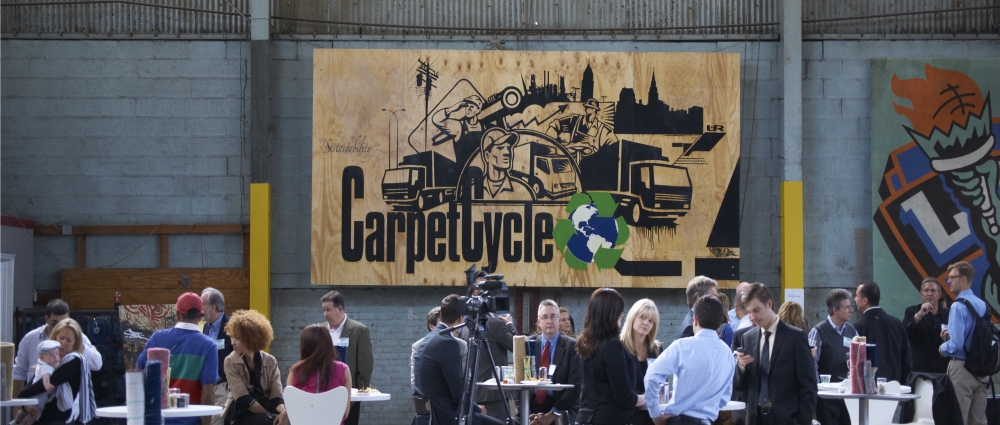News & Stories
3 C's of Sustainable Packaging
With 33% of consumers choosing to buy from brands they believe are doing social or environmental good, businesses have started making a public effort to move toward more sustainable practices. This has forced top CPG companies to rethink their sustainability efforts, starting with packaging - from increasing the use of recycled materials to reducing the amount of packaging altogether.

Coca-Cola is among the companies leading the way in sustainable food and beverage packaging wtih plant-based recyclable containers and strict packaging guidelines. Along with Coca-Cola, market leaders like Unilever recognize that sustainablility is much more than a marketing gimmick at this point. It's a revenue-driving strategy that provides a competitive edge. As more CEOs embrace the future of sustainability, teams working in product development, procurement and any other role that touches the life cycle of a package will discover the importance of sustainability throughout the entire process, from raw materials to disposal. As they feel the pressure to be sustainable and see the opportunity it presents, they will find the move toward sustainability is not as difficult as it may seem - especially if there is collaboration.
Compliance is a good start
A recent study highlighted that sustainable packaging is not just demanded by consumers, but also be manufacturers and retailers. With increased pressure from retailers themselves, manufacturers have a huge opportunity to develop and provide sustainable alternatives made of renewable materials. However, true commitment to meeting and exceeding industry demand goes beyond the materials used, and should also include improved labeling and minimization of packaging.
Industry pressure with continued pushes from ligislators and NGOs, and the demand for increased sustainability and waste reduction, will continue to test the food and beverage packing industry.
A little commitment goes a long way
Many companies have recognized the need to expand eco-friendly practices and have made the commitment to improve their sustainability practices. This may include limiting the amount of packaging or increasing the amount of post-consumer recycled resins in it, but this leaves a hole in the product development process. Food and beverage companies tend to fill this gap with generic recycled materials sourced and aggregated from a variety of recycling facilities, which means there is little to no traceability back to the original product.
Collaboration drives meaningful change
While compliance, commitment and creativity are virtues that will help guide sustainability in food and beverage packing, it's also crucial that companies collaborate with each other.
With advancements in technology and increased globalization, the options for alternative sustainable materials have only increased. New materials are being discovered or designed that challenge existing processes and recovery channels. These changes should not be seen as threats, but instead be embraced so that the advancements can allow for implementation of more sustainable practices for the overall improvement of the industry. Well-run sustainable procurement and packaging initiatives lend a competetive advantage to companies that implement them, which only encourages the rest of the industry to keep up.
By: Pierre-Francois Thaler
Pierre-Francois Thaler is co-founder and co-CEO of EcoVadis. He has 15 years of experiance in procurement and business development of innovative solutions for procurement organizations. He is a frequent speaker on the topic of sustainable procurement and the author of multiple studies in this area.
www.wastedrive.com



